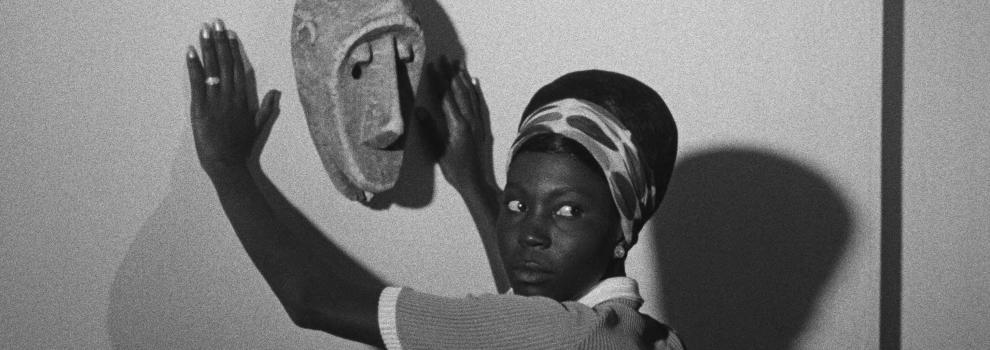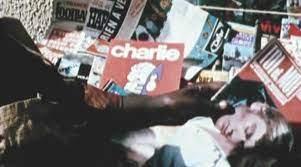
The screening of two films will be followed by a conversation with Wasis Diop moderated by Sabine Cessou (journalist).
Wasis Diop (Dakar, 1950) is considered one of Africa's leading international artists and musicians. During his career as a musician, he has produced a number of film scores, including Hyenès and La petite vendeuse de soleil by his brother Djibril Diop Mambèty. He also recently collaborated with Chadian director Mahamat-Saleh Haroun on the film Lingui Les Liens Sacrés, which was presented at Cannes and screened at Bozar last December.
Programme:
CONTRAS’ CITY by Djibril Diop Mambéty (Senegal, 1968, 22’)
In his first short film, Mambéty sensitively, imaginatively and puckishly captures the series of contrasts that would define the tumultuous social and ideological climate that would explode in Senegal in 1968. A conversation between a Senegalese man (the director, Djibril Diop Mambéty) and a French woman, Inge Hirschnitz, while we travel through the city and rush into this and that popular neighborhood of Dakar. Architecture, sound and languages meet in continuous collision, and the offscreen dialogue satirizes the astonished and condescending French vision of the Senegalese landscape.
The copy screened is the result of the restoration made in 2020 by Cineteca di Bologna/L'Immagine Ritrovata and The Film Foundation's World Cinema Project in association with The Criterion Collection.
LA NOIRE DE (Black Girl) by Ousmane Sembene (France/Senegal, 1966, 59’)
Diouana leaves Senegal with dreams of a more carefree and glamorous existence in France, where she procures a job as a live-in maid and nanny for a young couple on the French Riviera. She is gradually deadened by the endless routines and tasks and rhythms of life in the tiny apartment, and by the dissatisfactions felt by the husband and wife, which they project onto their ‘black girl’.
Famously stating “Europe is not my centre”, Senegalese filmmaker Ousmane Sembène (1923 – 2007) is considered the ‘Father of African Cinema’. He saw cinema as an engine of transformation, a ‘night school’ for the exploited masses of the African continent. Sembene taught himself to write in the early 1950s, while working on the docks in Marseille. He was a self-made film-maker, creating the most influential works of the early years of African independence in the 1960s, though relatively few Africans had access to his radical works. But nearly 15 years after his death, a Sembène ‘renaissance’ is under way, featuring restorations and distribution of his films.
Black Girl was restored by the Cineteca di Bologna/L’Immagine Ritrovata laboratory, in association with the Sembène Estate, INA (Institut National de l’Audiovisuel), Éclair and the Centre National de Cinématographie. Restoration funded by The Film Foundation’s World Cinema Project.
Practical information
Dates
Location
Studio
Rue Ravenstein 23 1000 BRUSSELSLanguage
- French
- Subtitles: English
- Original version: French
Partner
- Cineteca di Bologna
- World Cinema Project
- The Film Foundation
Co-production





